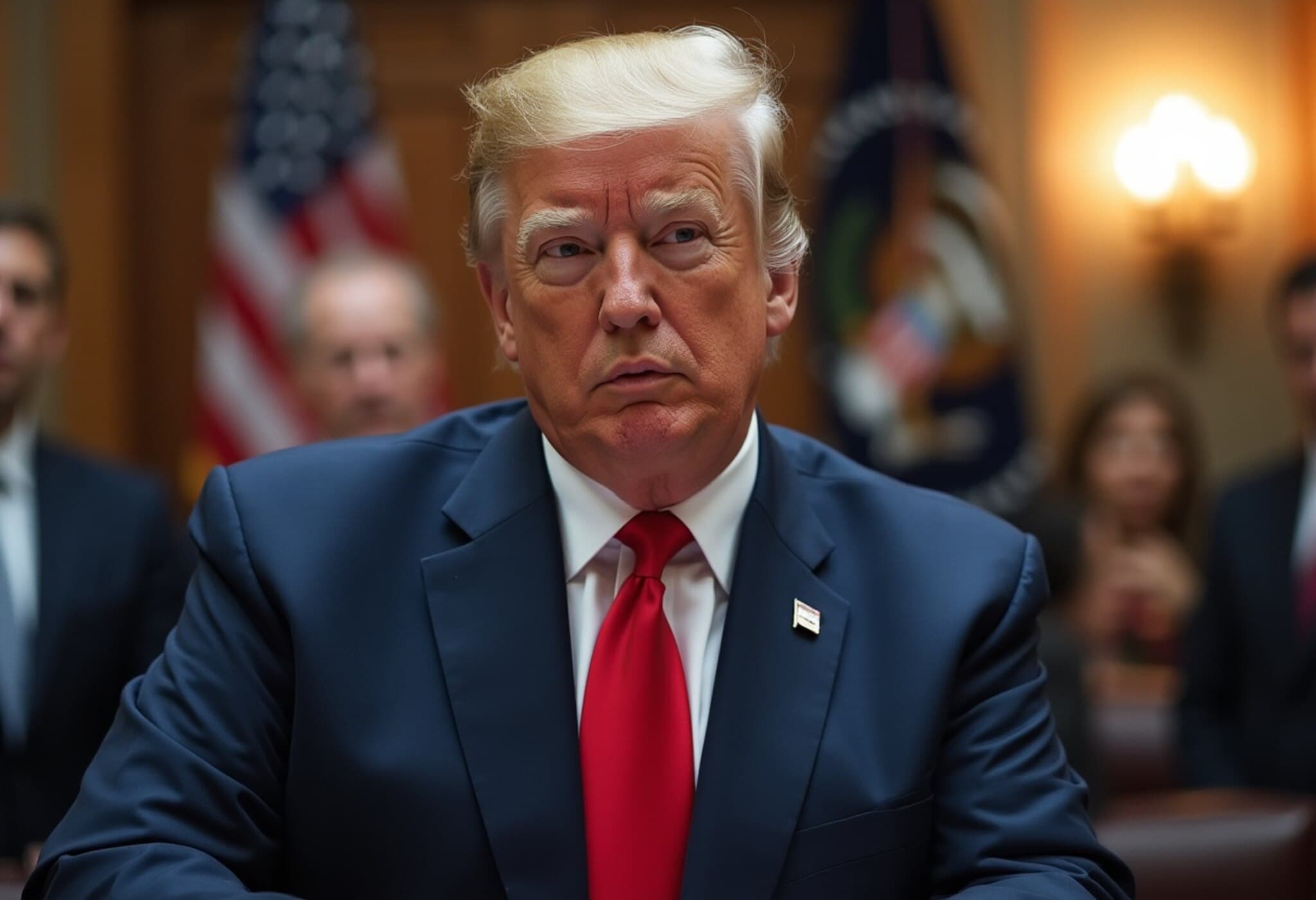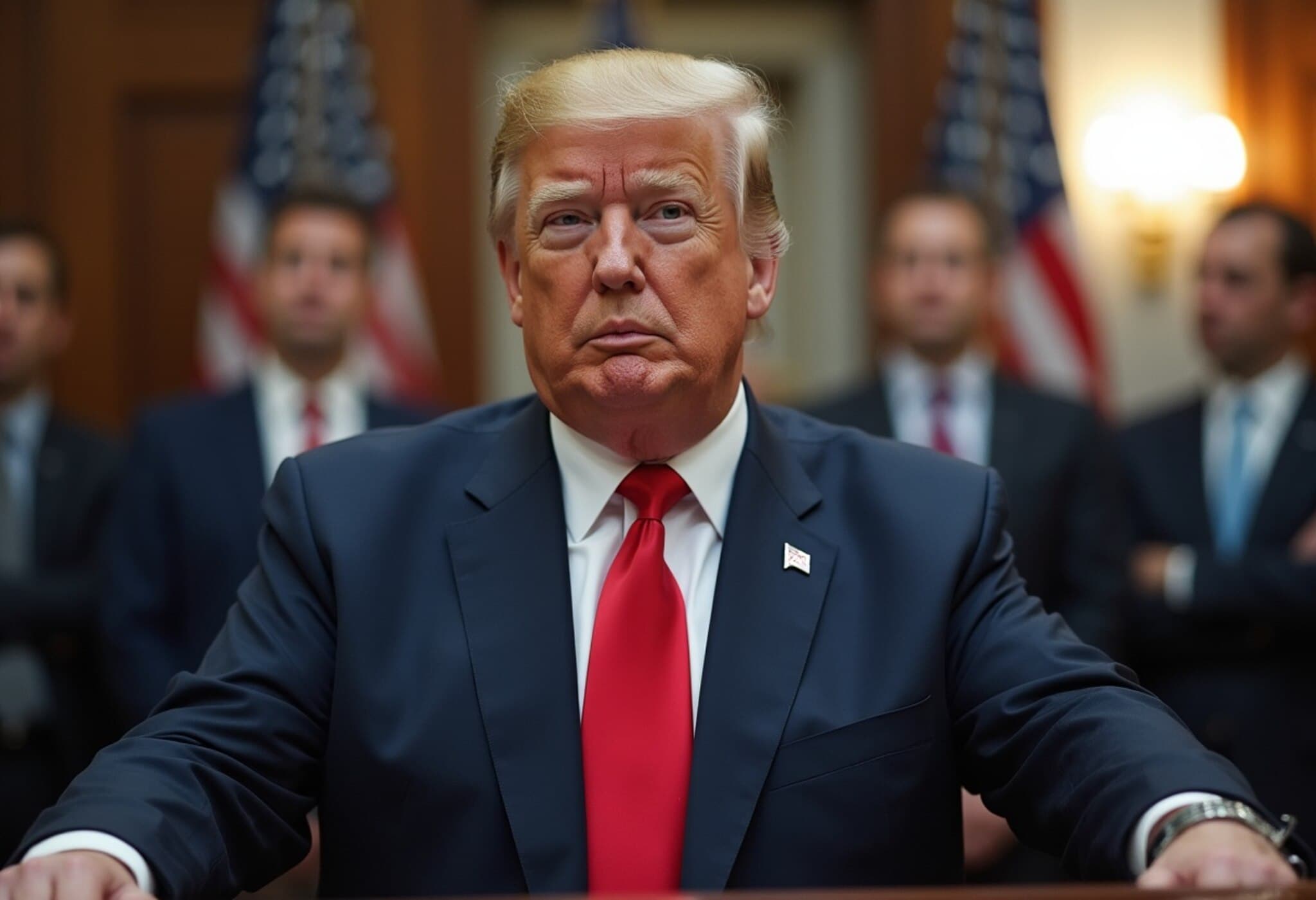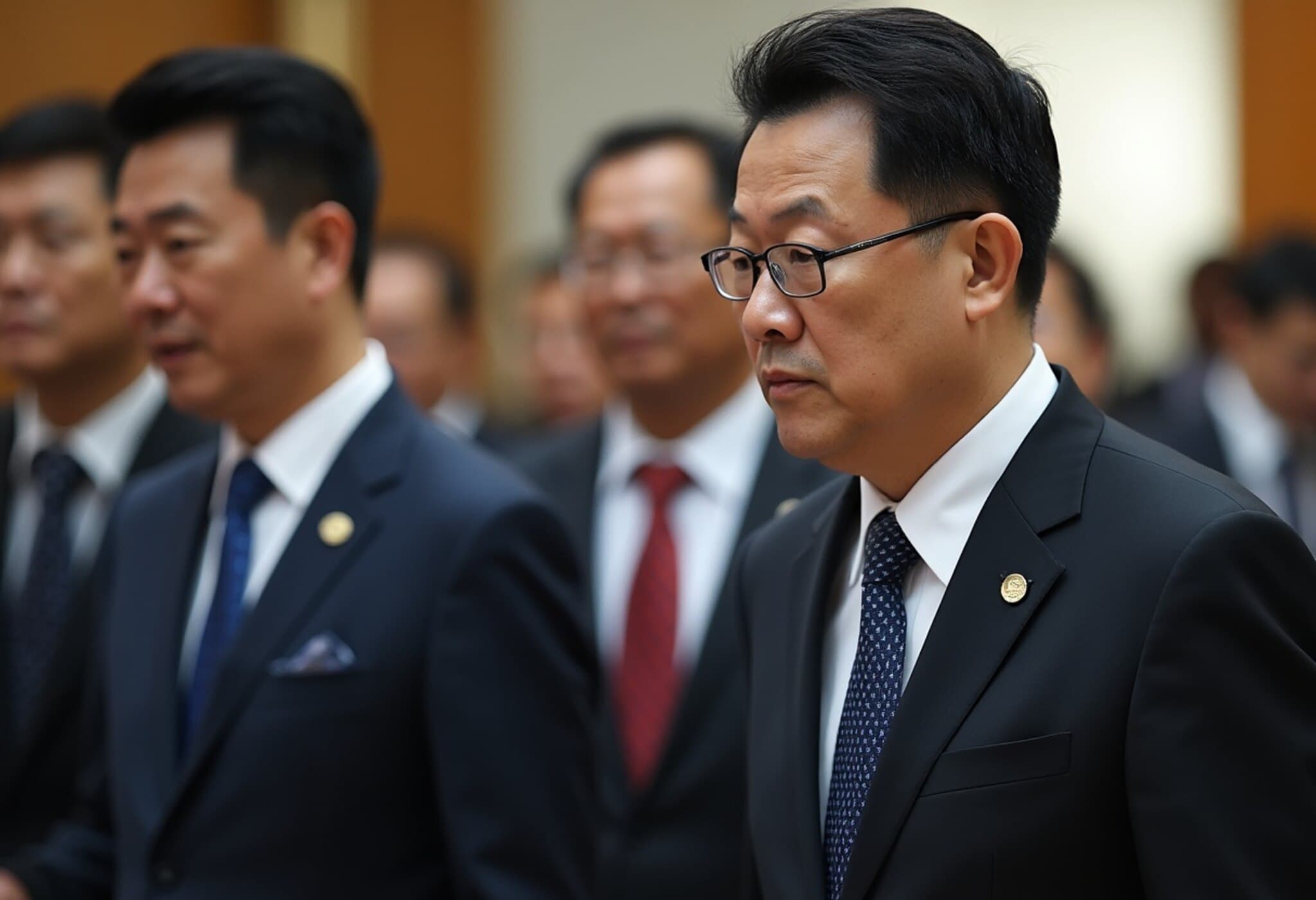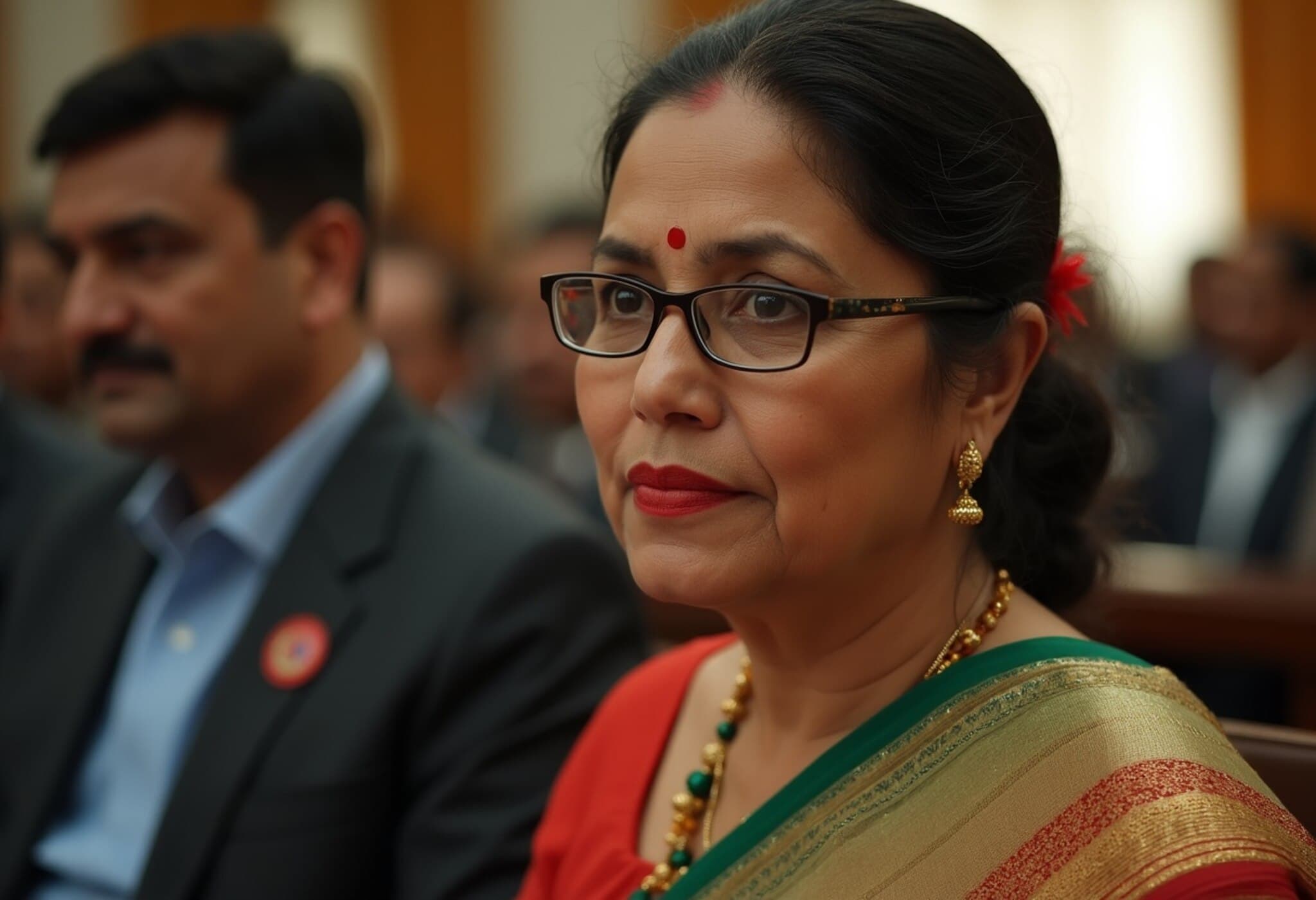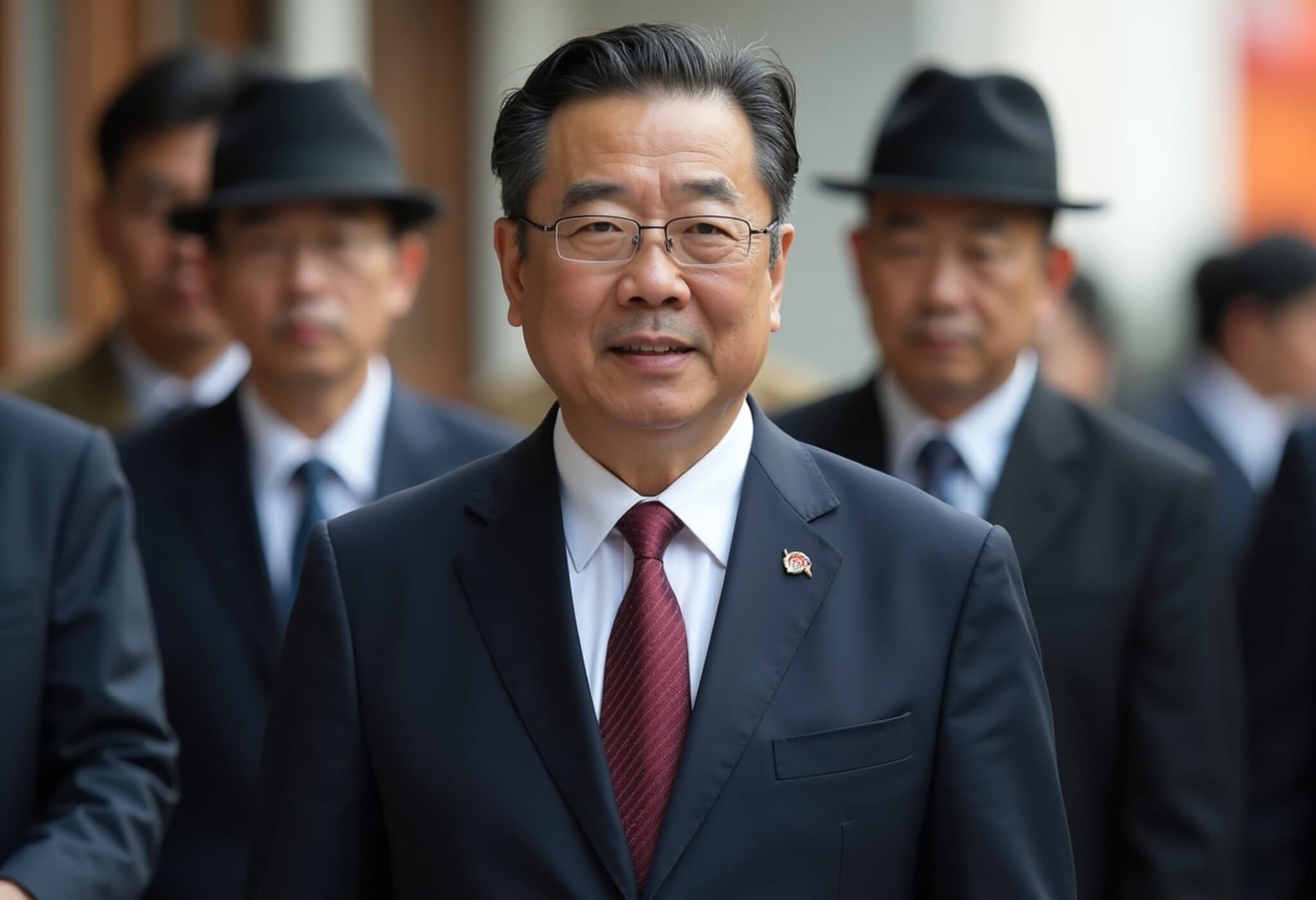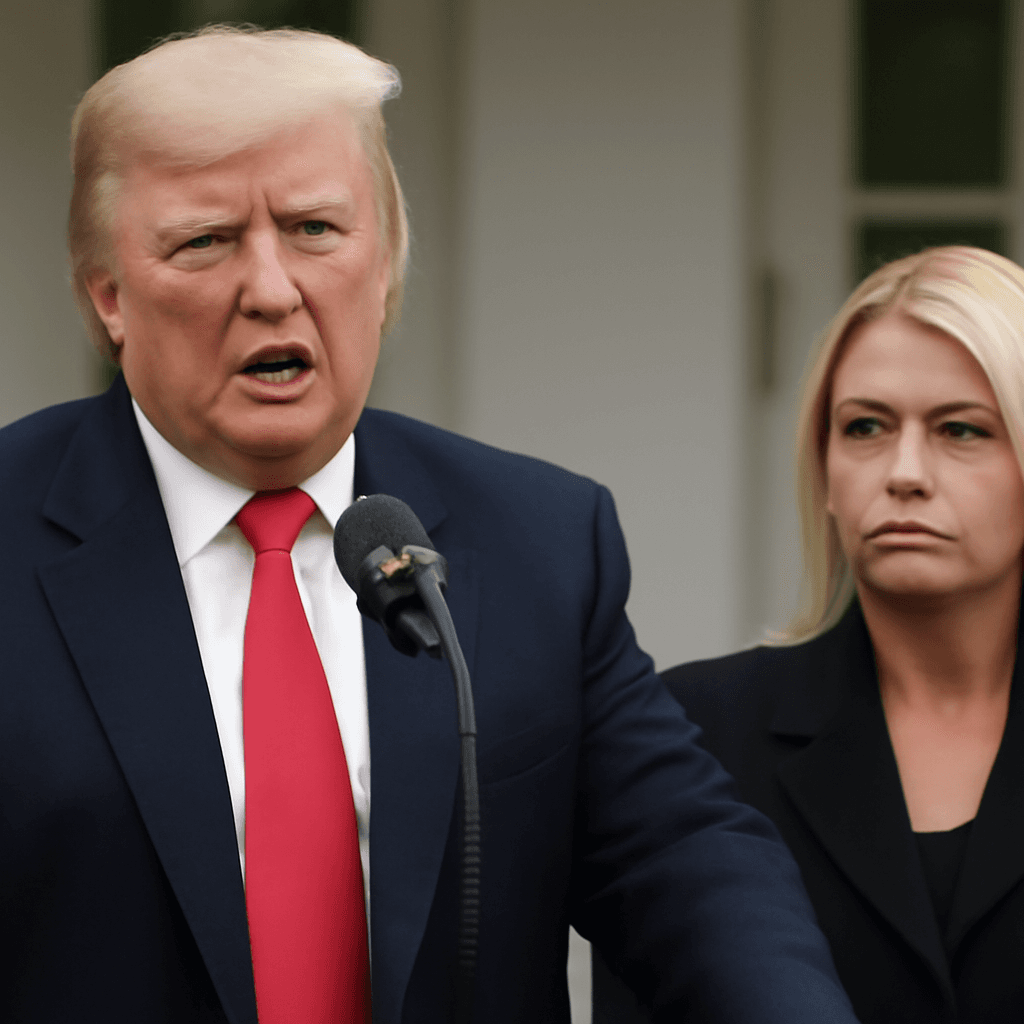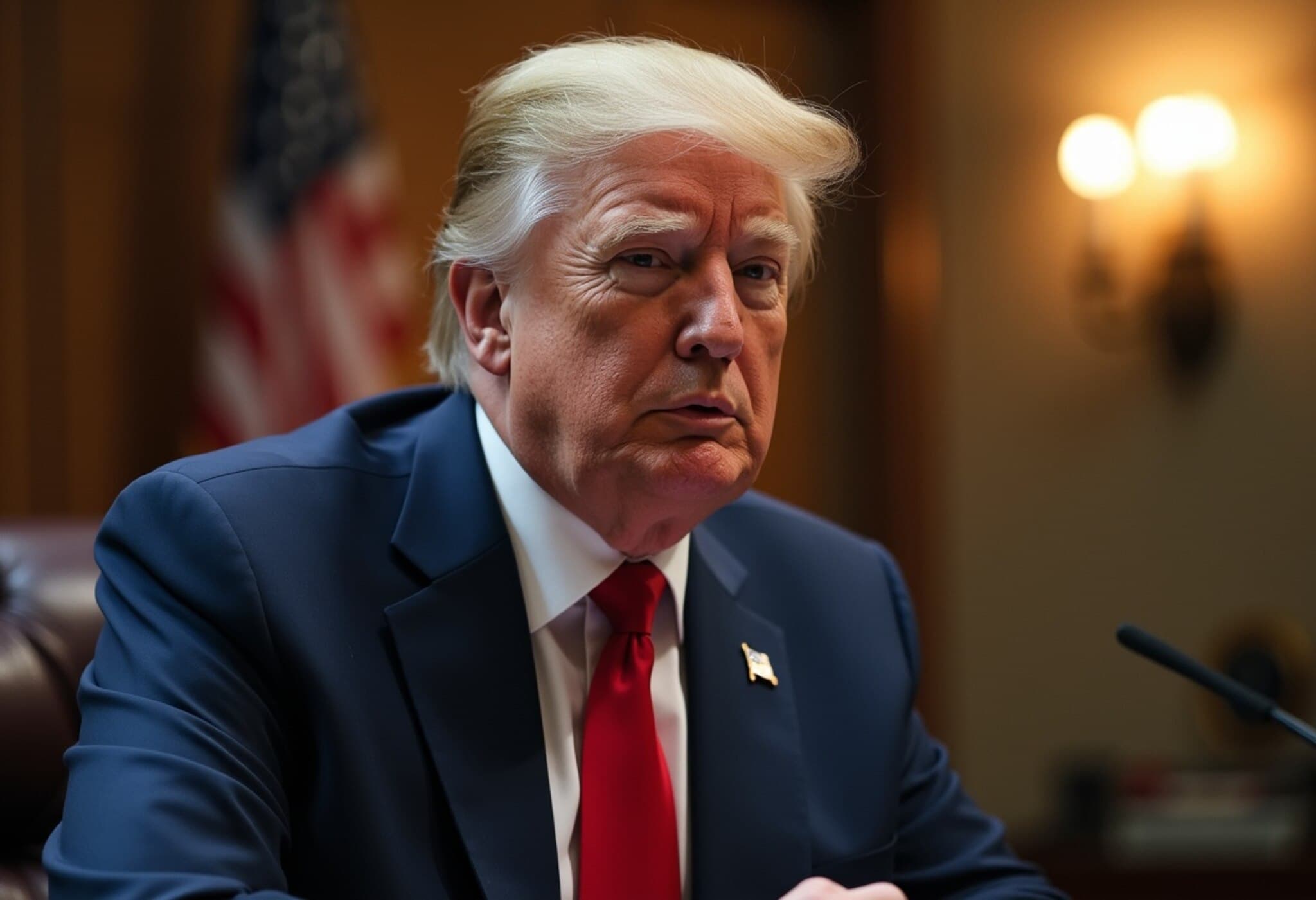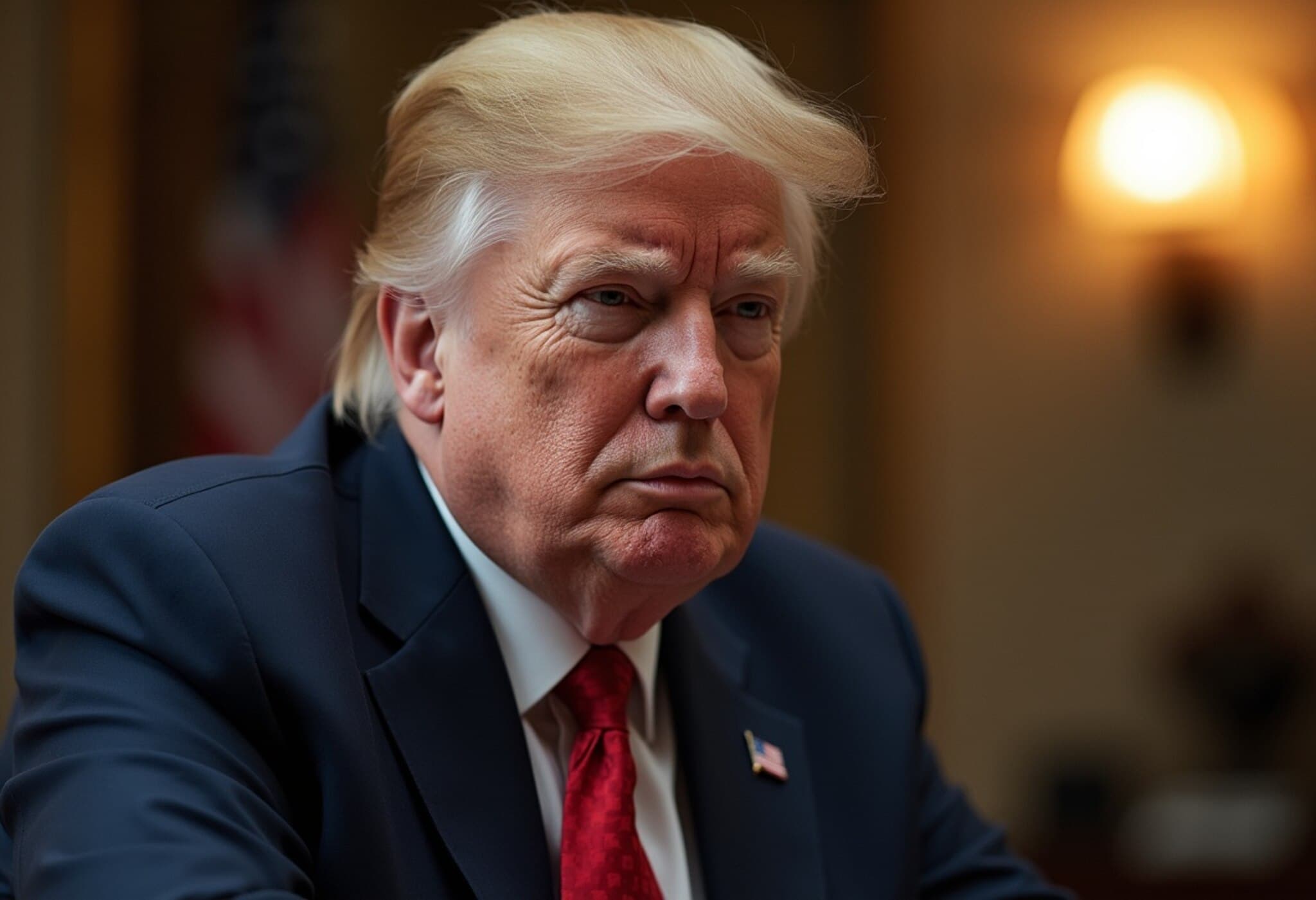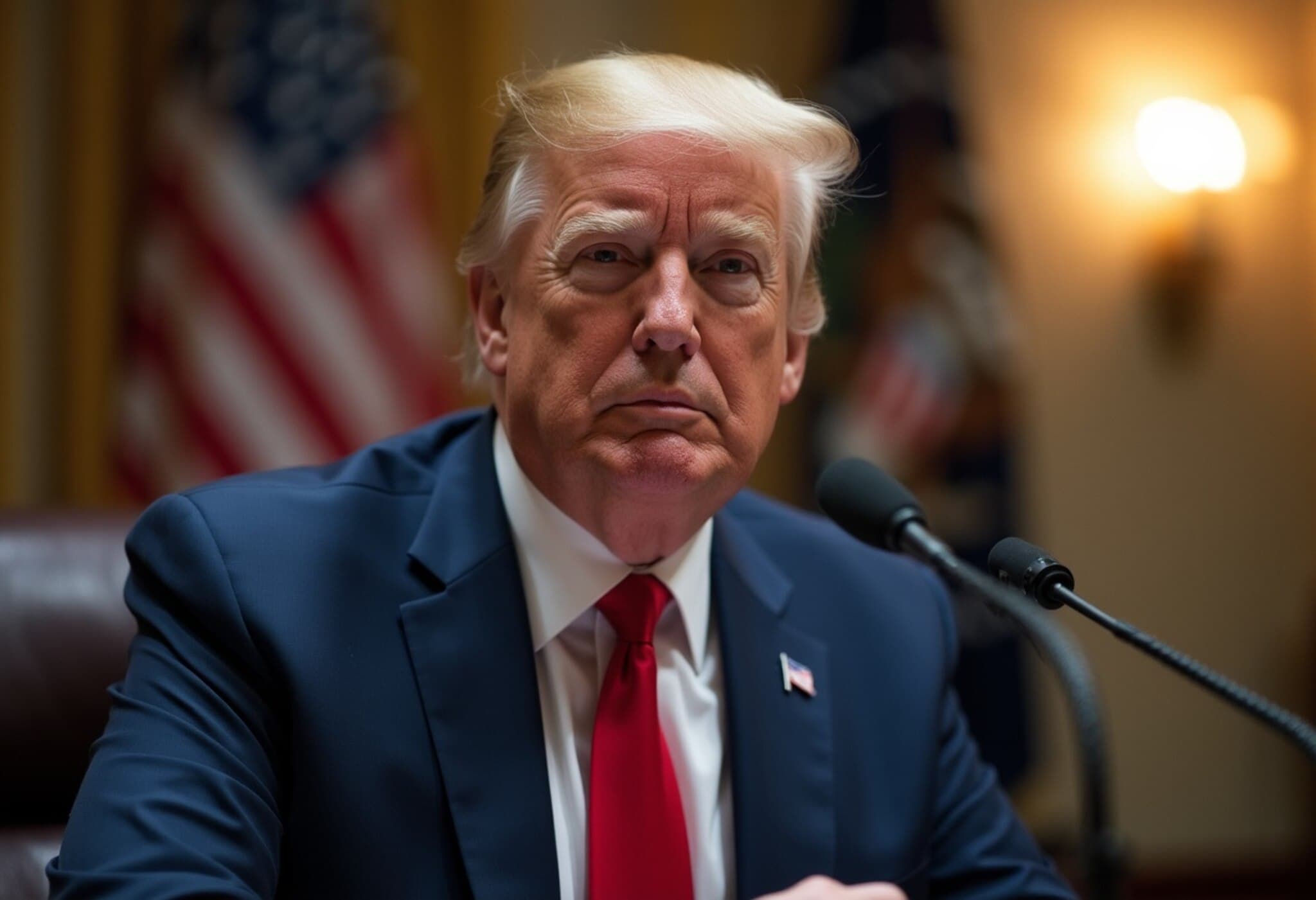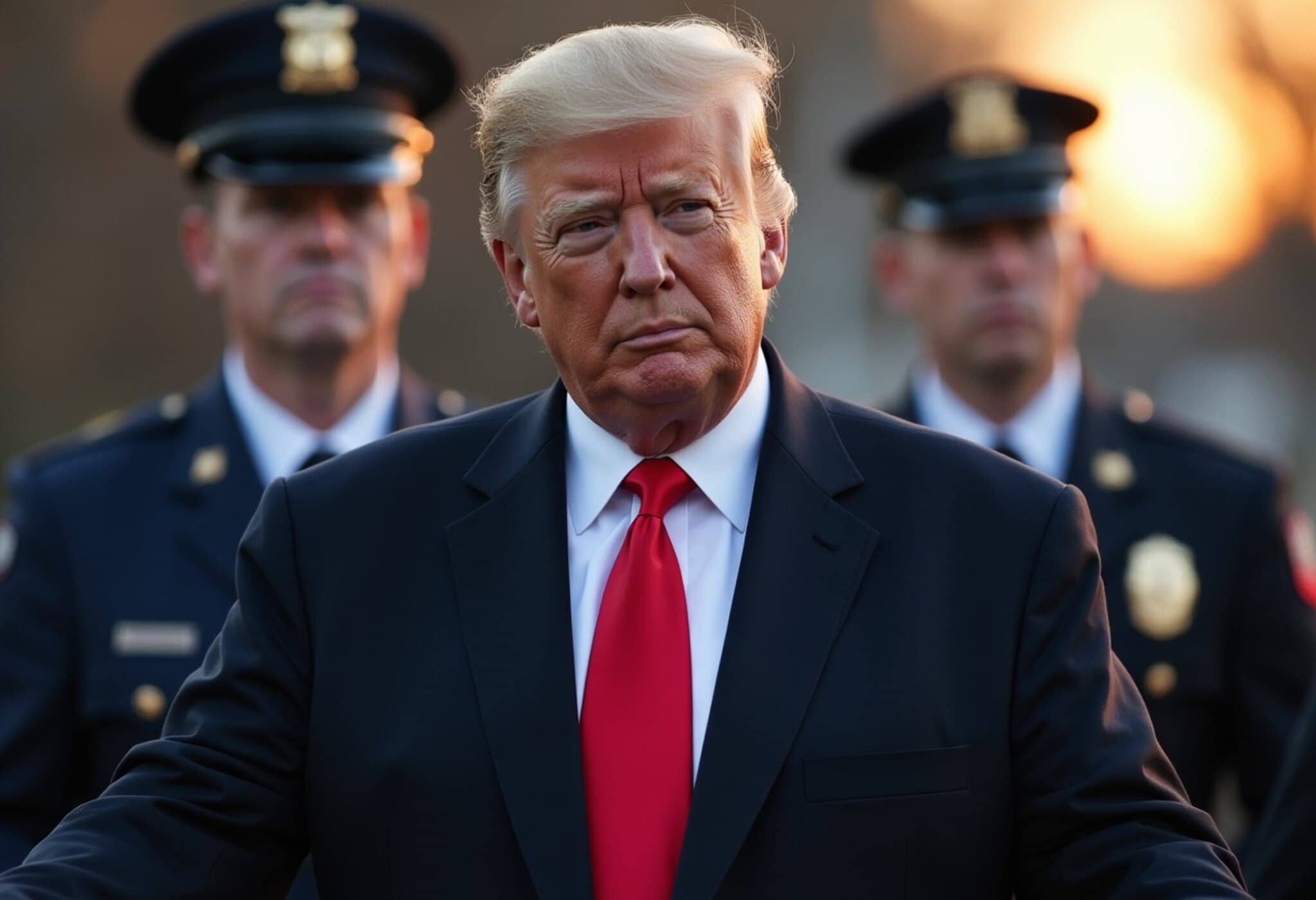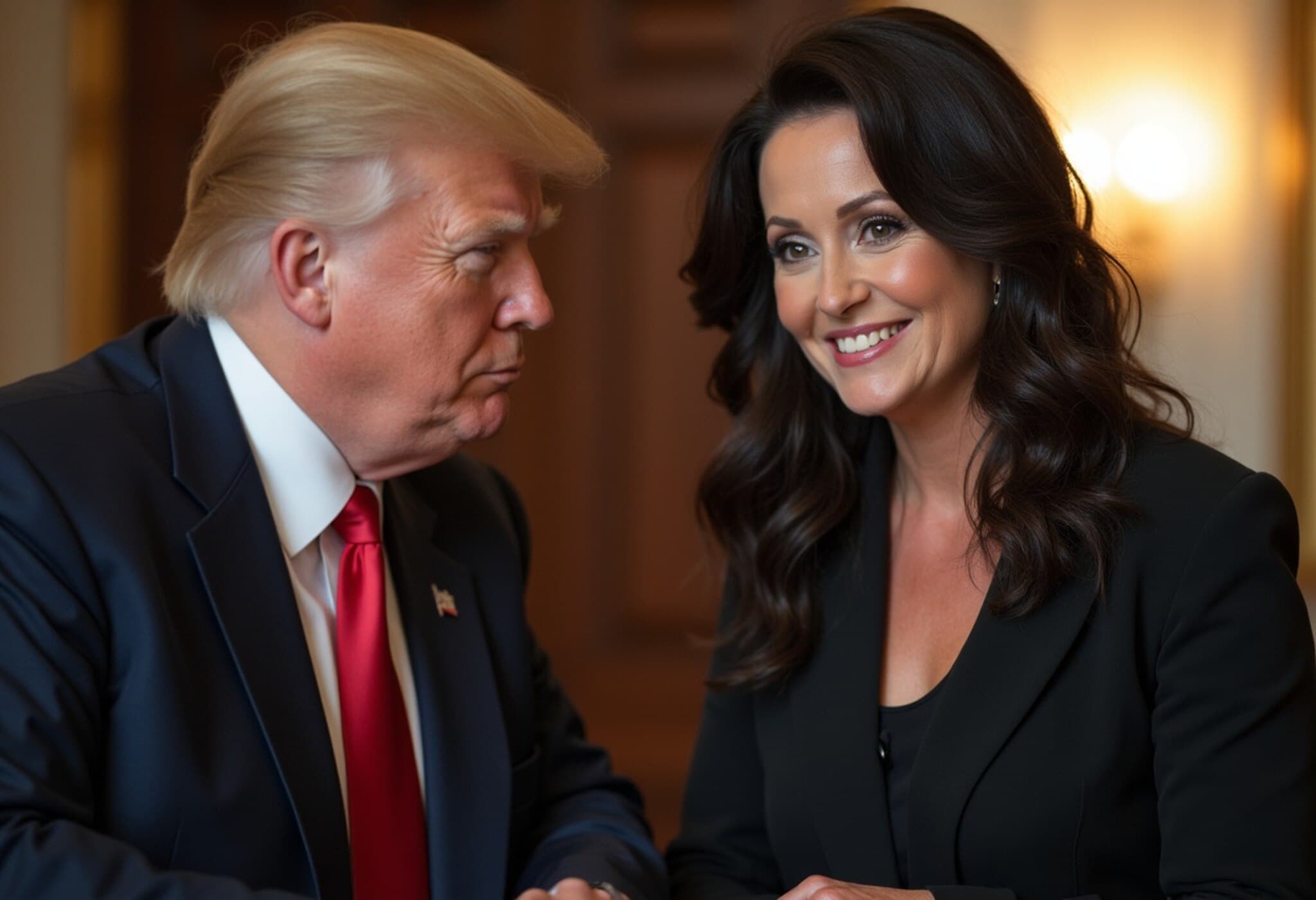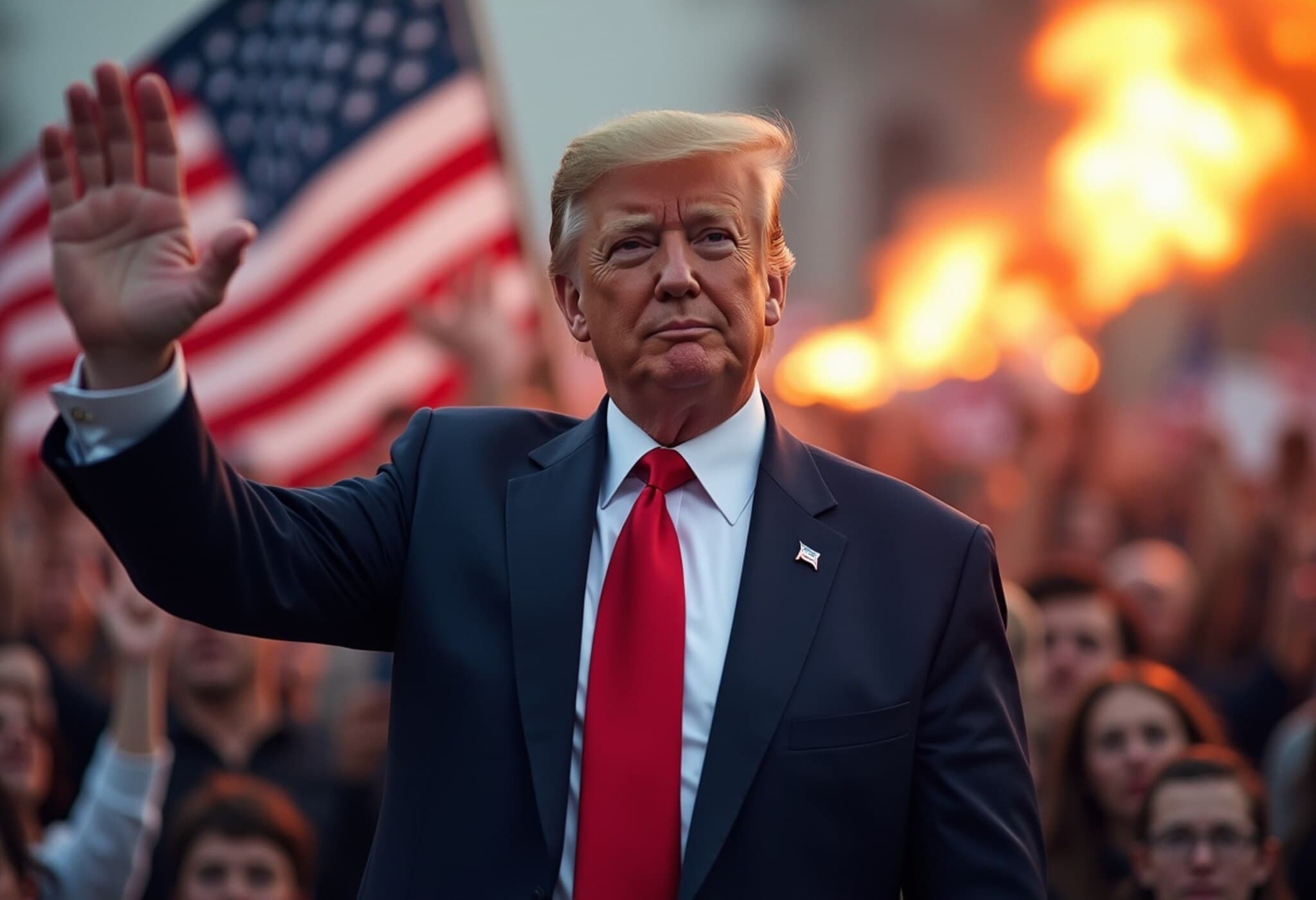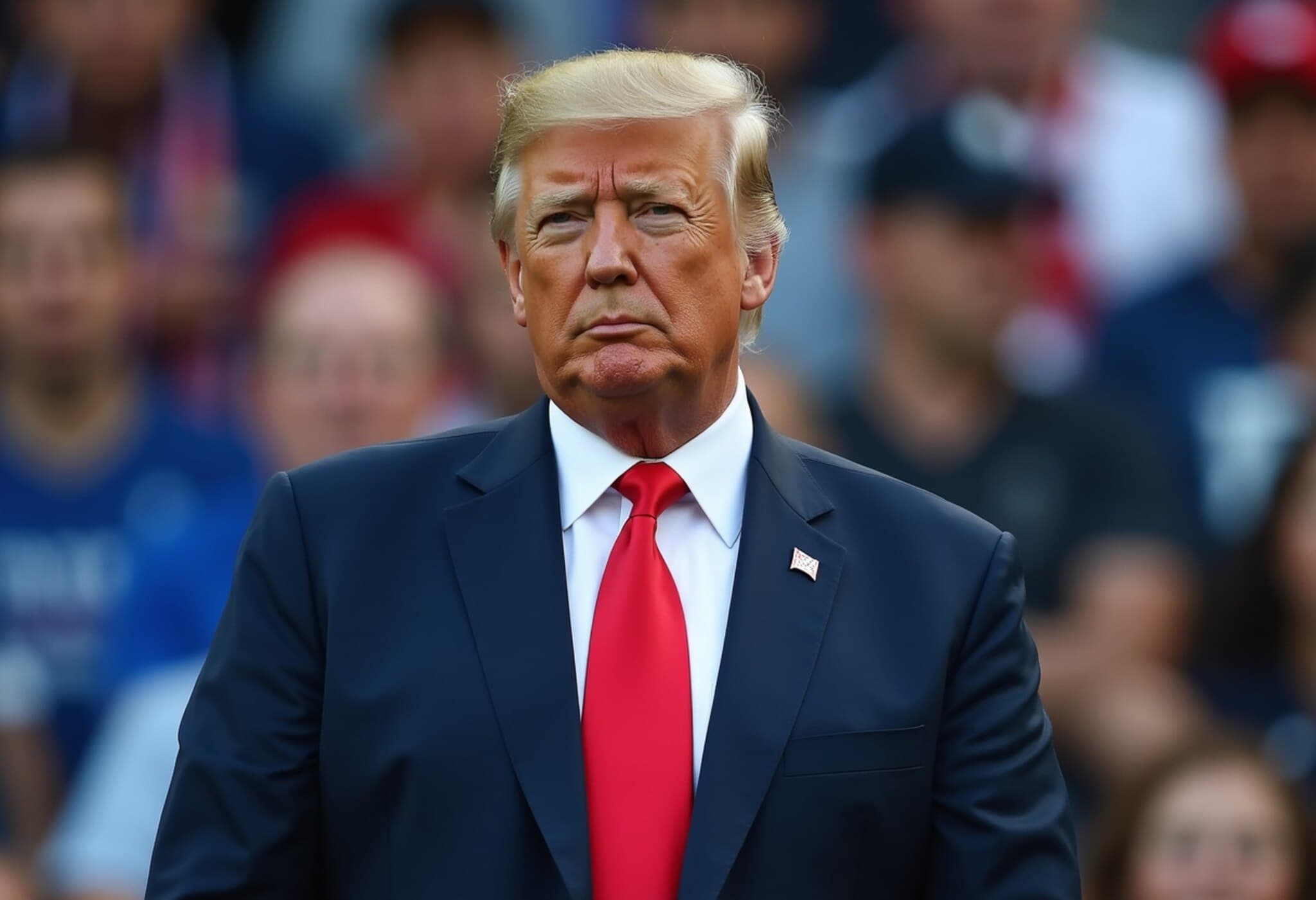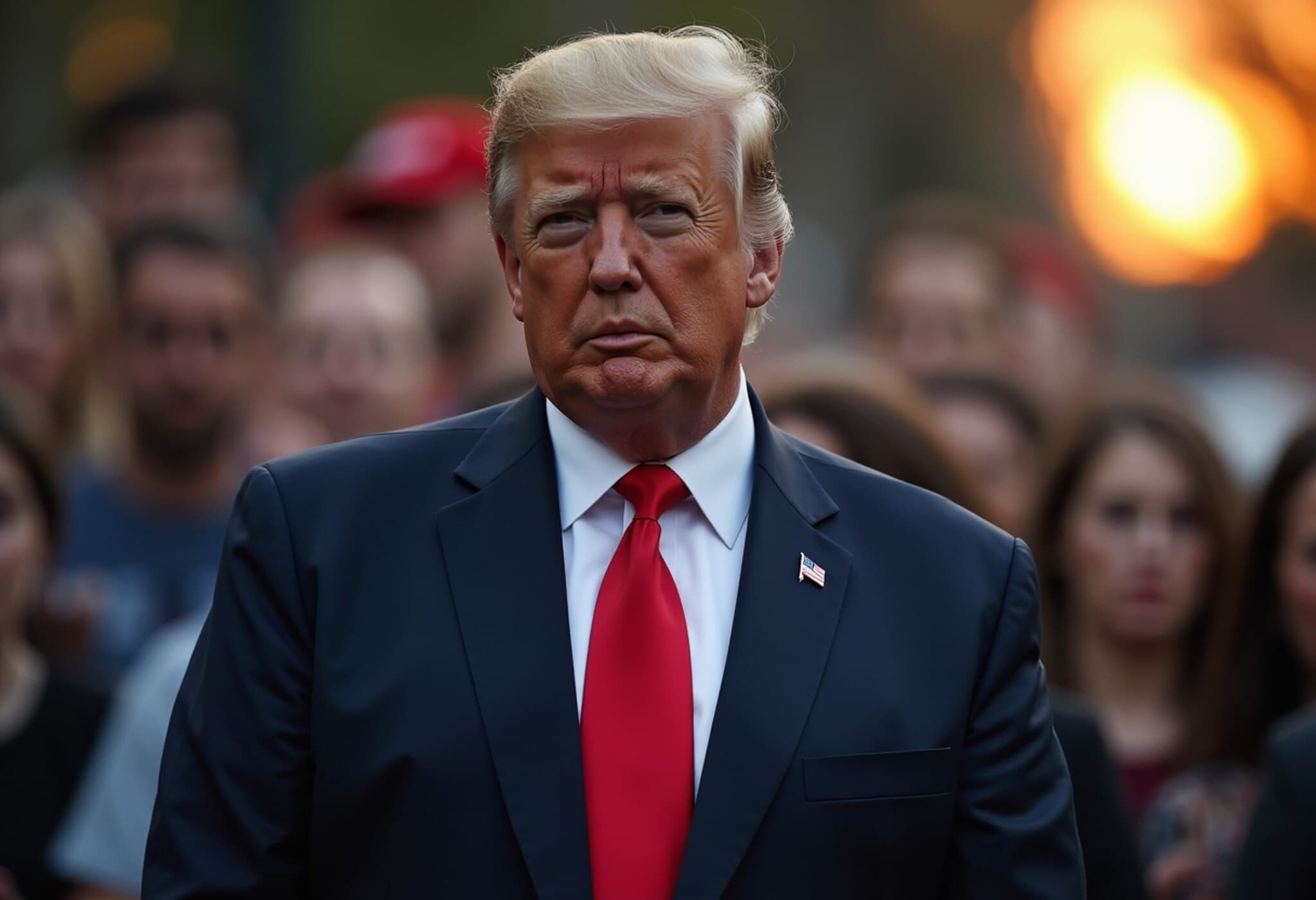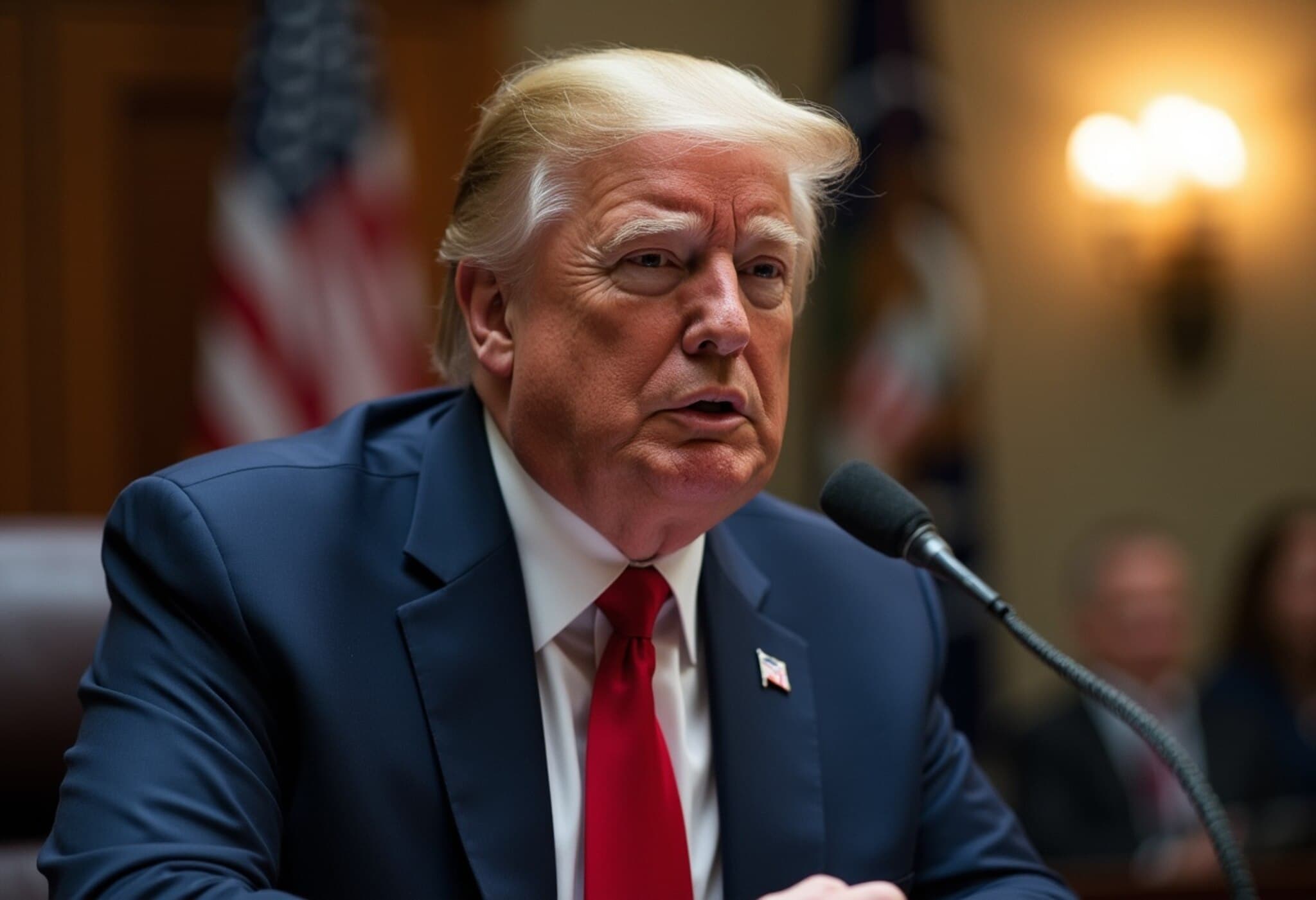Donald Trump's Legal Landscape: A Multifaceted Battle
Donald Trump, whose presidency marked arguably one of the most tumultuous periods in modern American politics, continues to navigate a sprawling web of legal challenges. Despite several high-profile federal cases against him—including charges related to alleged interference in the 2020 election and mishandling classified documents—being dismissed by late 2024, numerous other lawsuits remain active, spanning personal, political, and policy arenas. These cases not only affect Trump but also touch on broader societal issues, from transgender rights to immigration and educational freedom.
Personal and Defamation Lawsuits: The Human Toll
Among the most deeply personal lawsuits against Trump are those stemming from alleged sexual misconduct and defamation. E. Jean Carroll, a well-known former magazine columnist, was awarded $5 million in 2023 after a New York jury concluded that Trump sexually assaulted her in the 1990s and subsequently defamed her by calling her claims a hoax on social media. In a related turn, a second jury in 2024 found Trump liable for further defamation, imposing nearly $84 million in damages; Trump appeals are ongoing, potentially carrying the cases to the Supreme Court—a move with significant implications for sexual assault survivors seeking justice against powerful figures.
Summer Zervos, a former contestant on Trump’s “The Apprentice,” alleges sexual assault followed by public denial from Trump, resulting in a defamation suit active since 2017. Courts have rebuffed efforts by Trump to dismiss this case, signaling a judicial willingness to examine high-profile claims despite political sensitivities.
Adding to Trump’s legal woes, in 2024 he was convicted on 34 felony counts for falsifying business records related to hush money payments aimed at silencing adult film star Stormy Daniels during the 2016 campaign. Although he received an "unconditional discharge"—facing no jail time or probation—the felony conviction is historic, marking Trump as the first convicted felon elected president in U.S. history.
Policy Lawsuits: Immigration and Birthright Citizenship Under Fire
Trump’s immigration policies, widely criticized for their harsh impact, have sparked further legal battles. In 2025, a man from Maryland was deported to a Salvadoran prison without due process, despite court orders protecting him—a grim testament to the human cost of aggressive immigration enforcement. Meanwhile, the case of Rumeysa Ozturk in Massachusetts, who was detained for her co-authored essay criticizing Israel, spotlighted concerns about civil liberties and free speech in the context of national security policies.
One of the most contentious executive actions was Trump’s attempt to end birthright citizenship—guaranteed under the 14th Amendment—which grants U.S. citizenship to anyone born on American soil. His order aimed to restrict citizenship for children of undocumented immigrants, leading to a landmark case involving advocacy groups and several states. While courts have placed the order on hold, ongoing litigation underscores ongoing debates about constitutional interpretation and immigration.
Transgender Rights and Education: Battlegrounds of Culture and Policy
Trump’s administration took a hard line against transgender rights, cutting federal support for gender-affirming care for minors and declaring in federal policy that only biological male and female sexes exist. These moves included reinstating a ban on transgender military service, which remains a hotbed of legal contention after federal courts temporarily blocked parts of these orders. The Supreme Court’s decision allowing the military ban to proceed illustrates the continuing tension between civil rights advocacy and conservative policymaking.
Education also emerged as a significant legal flashpoint. Trump faced backlash over the freezing of $6 billion in federal grants affecting migrant students, English learners, and after-school programs. Harvard University notably sued over threats to cut $9 billion in funding, decrying attacks on academic freedom linked to campus political expressions, highlighting broader questions about government influence and freedoms within educational institutions.
Financial Scrutiny and Government Restructuring
Trump’s business practices remain under intense scrutiny. In 2022, New York Attorney General Letitia James filed suit alleging fraud by inflating property values—a case culminating in a 2024 court order requiring Trump to pay $355 million in damages. Trump countered with counterclaims against James, though no reciprocal charges have been filed, illustrating the cycle of aggressive legal maneuvering surrounding Trump’s finances.
On the governmental front, Trump’s revival of the “Schedule F” federal employment rule generated lawsuits from labor unions and federal employees concerned about politically motivated firings targeting career public servants. Attempts to dismantle the Department of Education, stopped by judicial intervention, also signaled a radical rethinking—if not outright dismantling—of federal roles in education policy, sparking fierce opposition from teachers’ unions and public education advocates.
Environmental and Economic Policy Litigation
Trump’s deregulatory agenda raised alarms among environmentalists and economists alike. In 2025, a coalition of twelve states sued his administration for rolling back worker protections, alleging disruptions to economic stability. Simultaneously, 22 young plaintiffs targeted Trump’s environmental policies aimed at boosting fossil fuel production, arguing these efforts exacerbate climate change and threaten their futures. These lawsuits exemplify how policy decisions resonate across generations and sectors, blending legal action with broader societal debates.
Conclusion: A Legal Saga Reflecting Political and Social Fault Lines
Donald Trump’s multitude of lawsuits paints a vivid picture of an era defined by legal battles that reflect deep political divisions and cultural conflicts within the United States. From personal defamation trials to contentious policy disputes over immigration, civil rights, education, and environmental policy, these cases continue to shape the American legal and political landscape. Observers note that many of these lawsuits carry landmark implications for constitutional law, civil liberties, and the checks and balances on presidential power.
The ongoing legal challenges against Donald Trump offer much more than courtroom drama; they underscore pivotal questions about accountability, the rule of law, and the limits of executive authority in American democracy. As these cases evolve, the outcomes will not only affect Trump’s personal legacy but also set precedents impacting freedom, justice, and governance for years to come. Readers and policymakers alike must stay informed and critically engaged with these unfolding narratives to understand their far-reaching implications.

